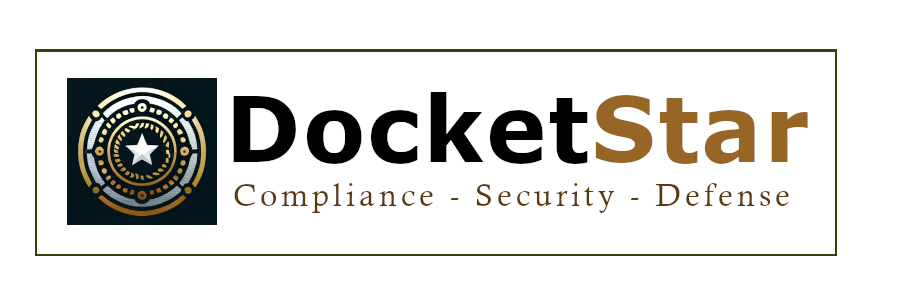Essential Tools
Ensuring website compliance is critical for businesses to maintain legal standards, protect user data, and enhance overall user experience. Various tools are available to assist in different areas of compliance, from accessibility to security and legal adherence. Here’s an overview of some essential tools that can help businesses achieve comprehensive website compliance.
Accessibility Compliance Tools
Tools like WAVE (Web Accessibility Evaluation Tool) and AXE are instrumental in ensuring websites meet accessibility standards such as WCAG 2.1. WAVE provides visual feedback on accessibility issues directly within the web content, making it easier to identify and address problems. AXE, on the other hand, offers automated testing that integrates with development environments, allowing developers to catch and fix accessibility issues early in the design process. These tools help ensure that all users, including those with disabilities, can access and navigate websites effectively.
Security Compliance Tools
Ensuring robust security is paramount, and tools like Sucuri, SiteLock, and Cloudflare play a vital role. Sucuri offers comprehensive website security services, including malware scanning, blacklist monitoring, and firewall protection. SiteLock provides similar services with added features like vulnerability patching and PCI compliance scanning. Cloudflare enhances website security through its web application firewall (WAF), DDoS protection, and SSL/TLS encryption. These tools help safeguard websites from various cyber threats, ensuring the security and integrity of user data.
Legal Compliance Tools
Compliance with legal standards such as GDPR, CCPA, and COPPA is crucial for protecting user privacy and avoiding hefty fines. Tools like OneTrust, TrustArc, and Cookiebot assist businesses in managing legal compliance. OneTrust offers a comprehensive suite for privacy management, including consent management, data mapping, and impact assessments. TrustArc provides solutions for privacy risk management, data inventory, and compliance assessments. Cookiebot helps manage cookie consent and compliance, ensuring transparency and control over user data collection. These tools help businesses navigate complex regulatory landscapes and maintain legal compliance.
Performance and Technology Compliance Tools
Tools like Google PageSpeed Insights, GTmetrix, and WebPageTest are essential for ensuring that websites perform optimally and comply with technological standards. Google PageSpeed Insights analyzes web page performance and provides suggestions for improvement based on best practices. GTmetrix offers detailed reports on various performance metrics, including load times, page size, and requests, along with actionable recommendations. WebPageTest allows for advanced performance testing, including multi-step transactions and video capture of renderings. These tools help businesses optimize their websites for speed and performance, enhancing user experience and adherence to technological standards.
Communication Compliance Tools
Effective and compliant communication is crucial for building trust and transparency with users. Tools like Mailchimp, HubSpot, and Campaign Monitor help businesses manage their email marketing campaigns while ensuring compliance with regulations such as the CAN-SPAM Act and GDPR. Mailchimp provides features for managing consent, segmenting audiences, and automating email delivery while ensuring compliance. HubSpot offers a comprehensive CRM platform with tools for email marketing, consent management, and customer communication. Campaign Monitor specializes in creating personalized email campaigns with built-in compliance features. These tools help businesses maintain effective and compliant communication strategies.
SEO and Content Monitoring Tools
Ensuring compliance in content and SEO practices is crucial for maintaining visibility and integrity. Tools like Moz, Ahrefs, and SEMrush help monitor and optimize SEO efforts while ensuring content compliance. Moz offers keyword tracking, site audits, and backlink analysis, ensuring websites follow best SEO practices. Ahrefs provides comprehensive tools for keyword research, competitive analysis, and site audits, helping identify and address SEO issues. SEMrush combines SEO tools with content marketing features, ensuring content is optimized and compliant with search engine guidelines. These tools help businesses enhance their online presence and maintain compliance in content practices.
Monitoring and Incident Response Tools
Tools like Splunk, ELK Stack (Elasticsearch, Logstash, Kibana), and Graylog are essential for log monitoring and incident response. Splunk collects and analyzes machine data, providing insights into potential security threats and operational issues. ELK Stack offers an open-source solution for log management, enabling real-time analysis and visualization of log data. Graylog provides powerful log management and analysis capabilities, helping identify and respond to incidents quickly. These tools help businesses maintain security compliance by providing visibility into their systems and enabling prompt incident response.
In conclusion, utilizing a diverse set of tools for website compliance is crucial for businesses to meet legal, security, accessibility, performance, and communication standards. These tools not only help in maintaining compliance but also enhance the overall user experience and protect the business from potential risks. By integrating these tools into their workflows, organizations can ensure their websites are secure, accessible, legally compliant, and optimized for performance, thereby achieving excellence in their digital presence.



